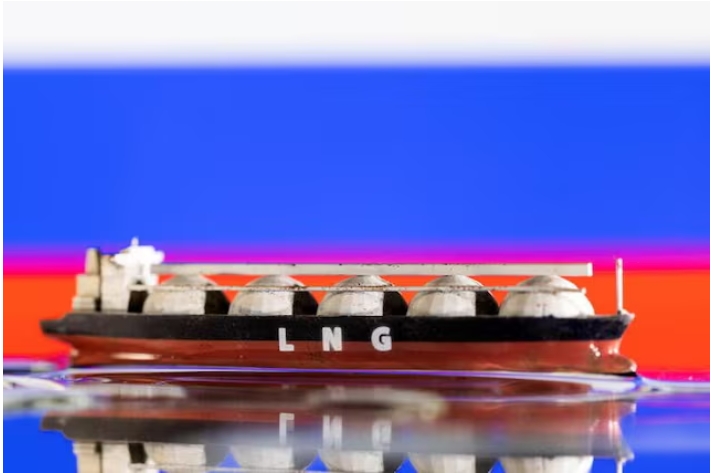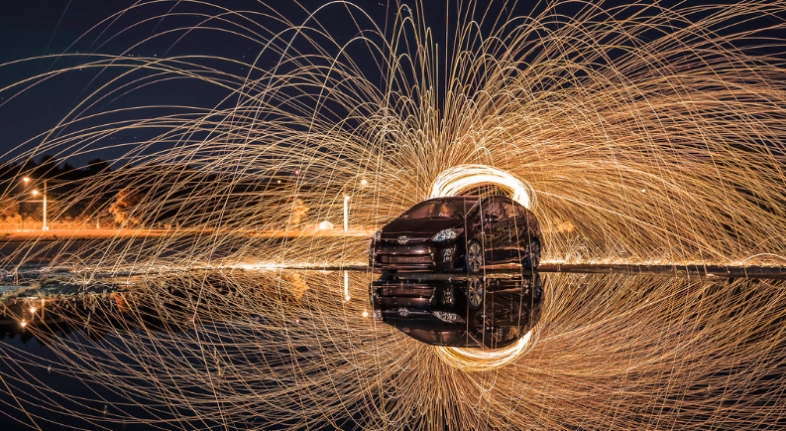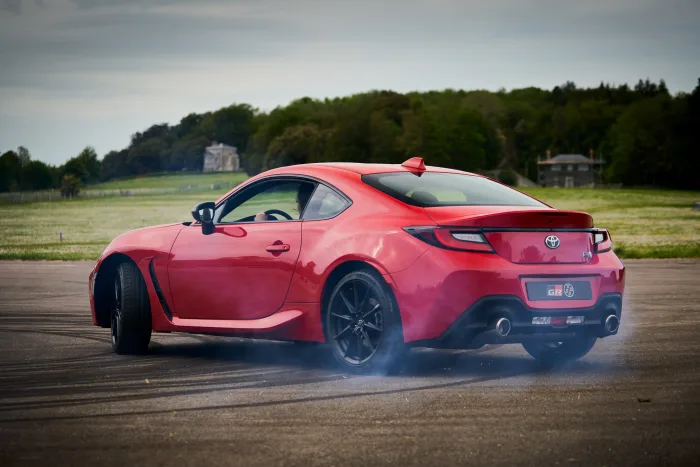
The EU agreed a 14th package of sanctions in June including a ban on transhipments of Russian gas as of March next year but stopped short of an outright ban. Since then, Belgium and the Netherlands have seen a sharp increase in imports.
In a letter on Monday, France and nine other countries asked the European Commission to propose stricter reporting obligations on Russian liquefied natural gas (LNG) for storage companies and suppliers.
"Belgium will file and we will support an initiative to ban and track LNG imports from Russia more structurally," Kai Mykkanen, Finland's climate and environment minister, told reporters ahead of the meeting.
Soon after Moscow began its invasion of Ukraine in February 2022, the EU announced an effort towards phasing out Russian fossil fuels "as soon as possible" without setting a date.
"We have seen in Belgium a doubling of LNG volumes. These are probably destined for security of supply within Europe but we have difficulty implementing this (14th) package that's why we are calling for a tracking system," said Tinne van der Straeten, Belgium's energy minister.
After the major Nord Stream pipeline was blown up in 2022, Russian LNG imports to the EU increased, while piped gas still flows via Ukraine and Turkey to central Europe.
"Some countries have internal issues clouding their judgement preventing a fast switch but it's been two and a half years so it's time to find an alternative," Krzysztof Bolesta, Poland's state energy minister, said.
The contract between Ukraine and Russia for gas flows via Ukraine is due to end in December.







